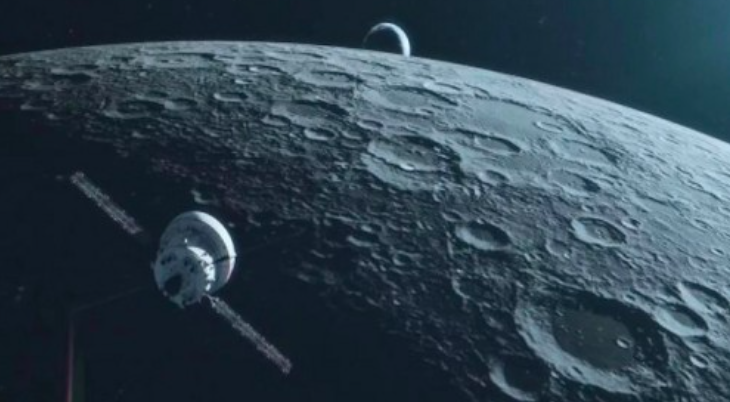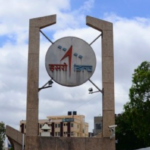A team of US college students aim to land the first robotic rover on the Moon, before NASA, the media reported.
The Iris rover has been developed by the students of Carnegie Mellon University in Pennsylvania. It will be carried to the Moon as part of NASA’s Commercial Lunar Payload Services (CLPS) programme, Space.com reported.
The mission, likely to be launched this spring, represents America’s first robotic Moon rover, as well as the first rover developed by university students.
NASA’s first robotic Moon rover – VIPER rover — is scheduled to launch only next year.
Weighing 2 kg, the Iris rover has a chassis, and its carbon-fibre wheels are the size of bottle caps. Its 60-hour-long mission will be a primarily visual one: Snapping images of the Moon’s surface for geographic study.
It will also test new localisation techniques as it transmits data about its position back to Earth.
Meanwhile, NASA is aiming to build more than one Moon base for Artemis lunar missions to maximise science and exploration, the report said.
NASA’s goal of returning astronauts to the Moon by 2025 has long been part of a long-term plan to build a sustainable base on the lunar surface.
According to Jim Free, NASA’s associate administrator for exploration systems development, the agency’s Artemis programme may ultimately build several bases around the Moon instead of a single Artemis base camp at the lunar south pole as unveiled in 2020.
“It’s really hard to say we’re going to have a single base camp,” Free told reporters in a briefing at the 38th Space Symposium here.
“Because, if we miss a launch window, we might have to wait for a month to go back to that place.”
To establish a series of Moon camps across the lunar surface, NASA may work with its international partners like the European Space Agency, Canada or Japan, who have all signed on as Artemis program partners, Free said.
“So we can maybe have two or three sites to go to that help our science diversity, because the reason we’re doing Artemis in the first place is for science,” Free said.


